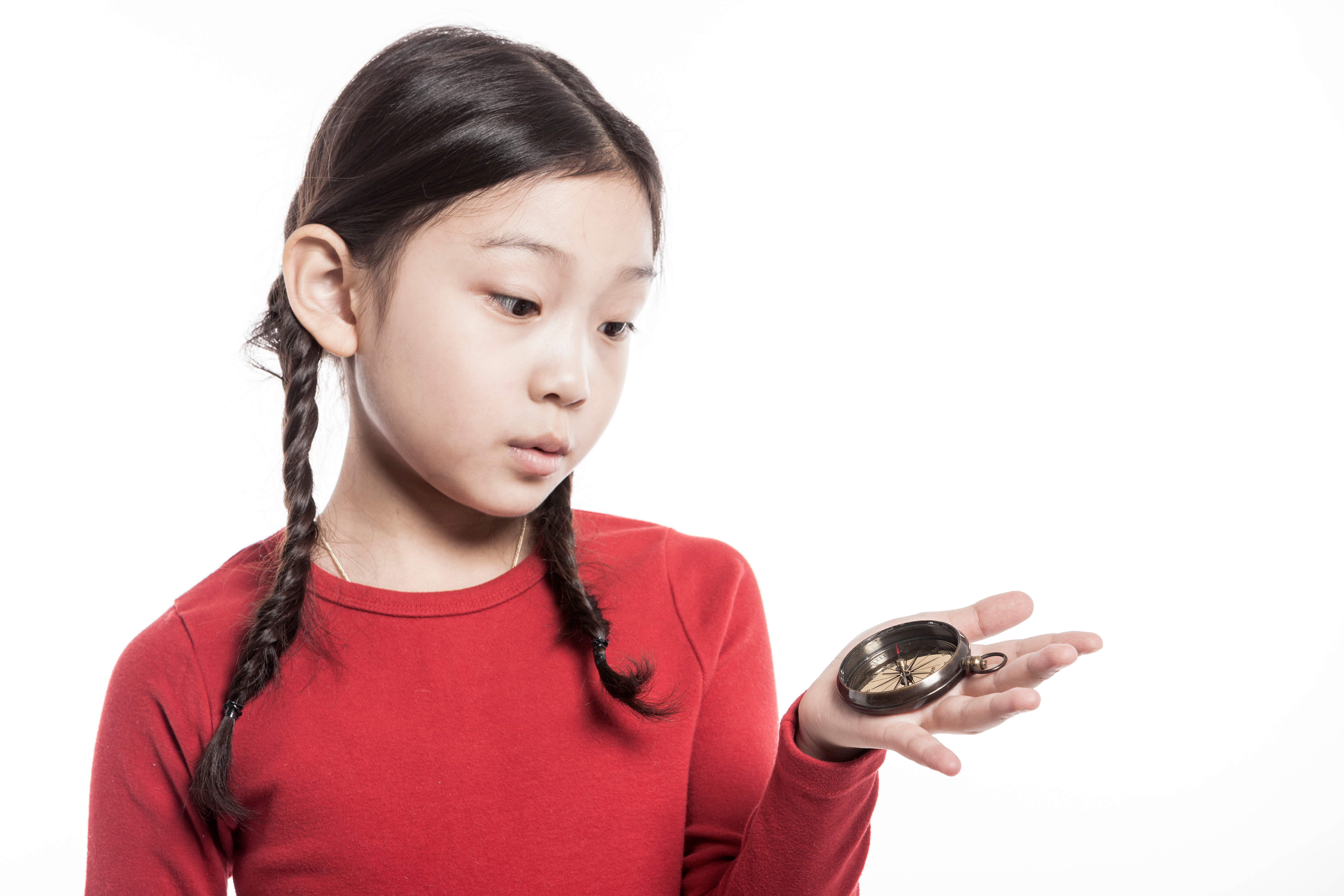
A warm, supportive parent-child relationship that includes hugs DOES motivate kids to do what's right. But it's true that hugs alone don't teach kids to do the right thing, as much as kids need our hugs. Of course, that doesn't mean that the strap is effective. How DO kids develop an inner compass, or a conscience, to guide their decision-making?
Modeling.
When we take responsibility, when we apologize, when we regulate our own emotions, when we treat others, including our child, with respect, when we make it a priority to do the right thing even when it costs us -- then our children learn to take responsibility, to apologize, to regulate their own emotions, to treat others with respect, to do the right thing even when it costs them.
Sure, they'll be tempted to go off track, and sometimes they will. But if you're modeling integrity and compassion, their inner compass will take shape from yours.
Guidance.
Children need to know that sometimes life has hard choices, and doing the right thing is worth it, even when it costs you...And what ethical choice doesn't cost you?
Children make constant hard choices. Should he lie about his age to get a cheaper admission price at the amusement park? Can she break a date with a friend when she gets a more exciting offer? Should he help pay to replace his sister's toy that he broke? Is it okay to lie to your parent or teacher if you think they're wrong?
Instead of shaming your child for "poor" choices, see it as a chance to help him develop his inner compass.
- Take away the stigma and talk about how everyone is tempted to do what's easy, including you, and that no one is perfect -- but we can all do better.
- Empathize with his impulse to lie, or to shove his brother out of the way so he can push the elevator button -- and then ask him (as non-judgmentally as you can) how he feels inside afterward.
Family habits of compassion and repair.
- When we respect our child's feelings and opinions, she learns to trust her instincts and stand up for herself.
- When we resist punishment and instead prioritize "repair," he'll learn how to make things better after a fight with his sibling.
- When we accept their emotions but stay calm ourselves, they learn that emotions, and therefore behavior, can be managed responsibly.
Kids really do learn what they live. Their inner compass develops every day, by the example we set and the family culture we create.
But these examples are literally learning to do right. I suspect that when Jack (in the quote above) talks about the strap as a motivator, he's actually talking about how to help kids choose to do right. And that's our next post:





